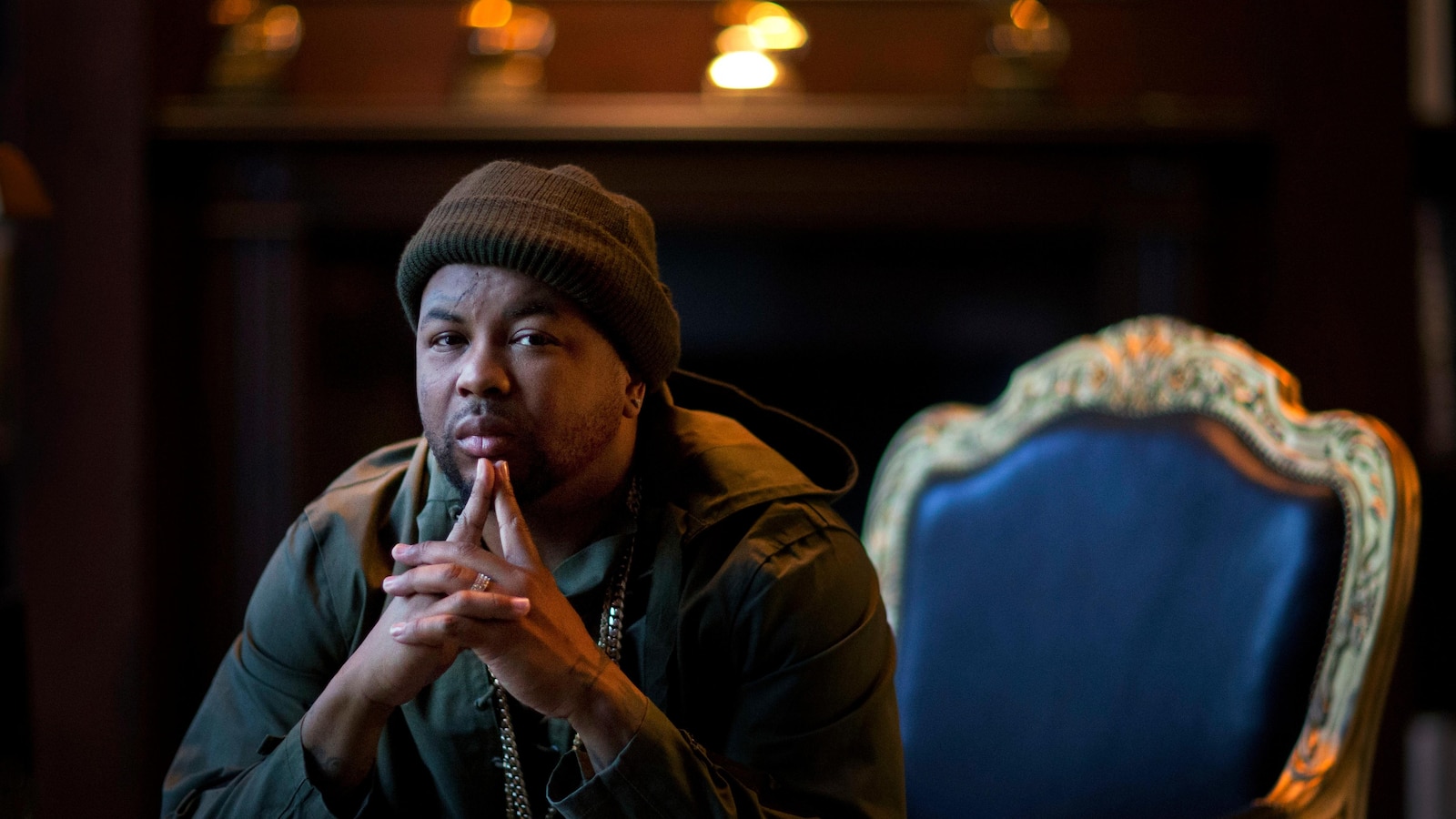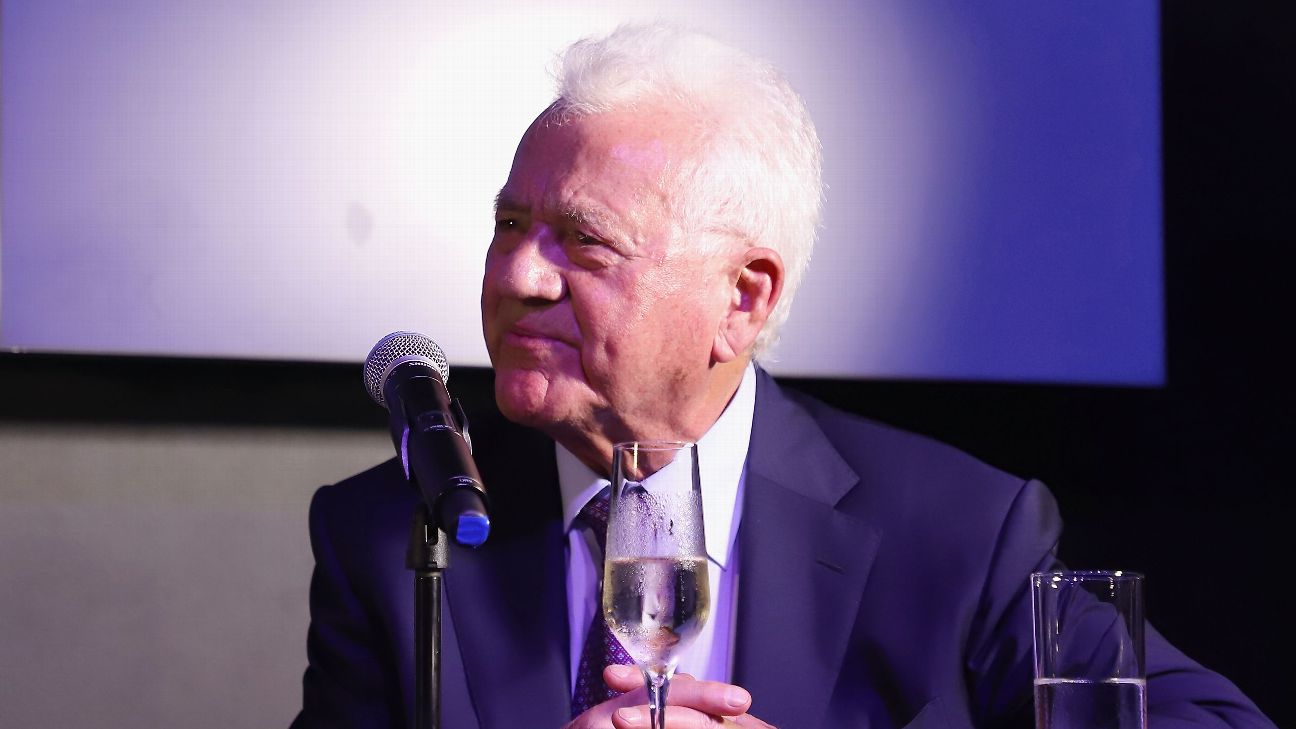Jarryd Hayne Sentenced to Four Years and Nine Months in Prison for Sexual Assault
Former National Rugby League (NRL) star Jarryd Hayne has been sentenced to four years and nine months in prison after being convicted of sexually assaulting a Newcastle woman. The NRL’s former Dally M medalist is expected to be eligible for parole in just under two years, as per the Australian Broadcasting Corporation.
The Offence and Arrest
Jarryd Hayne was arrested in 2018 over allegations of raping a 26-year-old woman at her Newcastle home on the night of the NRL Grand Final. He was charged with five counts of aggravated sexual assault and denied the allegations.
The Trial
The trial took place over several weeks in 2021, with the jury hearing evidence from Hayne and the victim. The jury was unable to reach a verdict and the trial was declared a mistrial. Hayne was later re-tried and found guilty of two counts of aggravated sexual assault.
The Sentence
On May 6, 2023, Justice Bob Fullerton sentenced Hayne to four years and nine months in prison, with a non-parole period of two years and nine months. Hayne’s sentence was backdated to July 2, 2022, meaning he spent nine months in custody before sentencing.
The Victim’s Impact
The victim read an impact statement to the court in which she described the devastating impact the assault had on her life. She stated that she had been unable to finish university and had suffered psychological harm.
Hayne’s Remorse
During the sentencing hearing, Hayne expressed remorse for his actions. He stated that he had a “low risk of reoffending” and was a “completely different man” to the one who committed the offences.
Classification as a High-Risk Prisoner
Hayne will be moved to a facility where he will be around other high-profile prisoners, as he is considered to be in need of protection.
Conclusion
Jarryd Hayne’s conviction and sentencing have highlighted the serious consequences of sexual assault. The case has also raised questions about the culture of violence and misogyny within professional sports.



